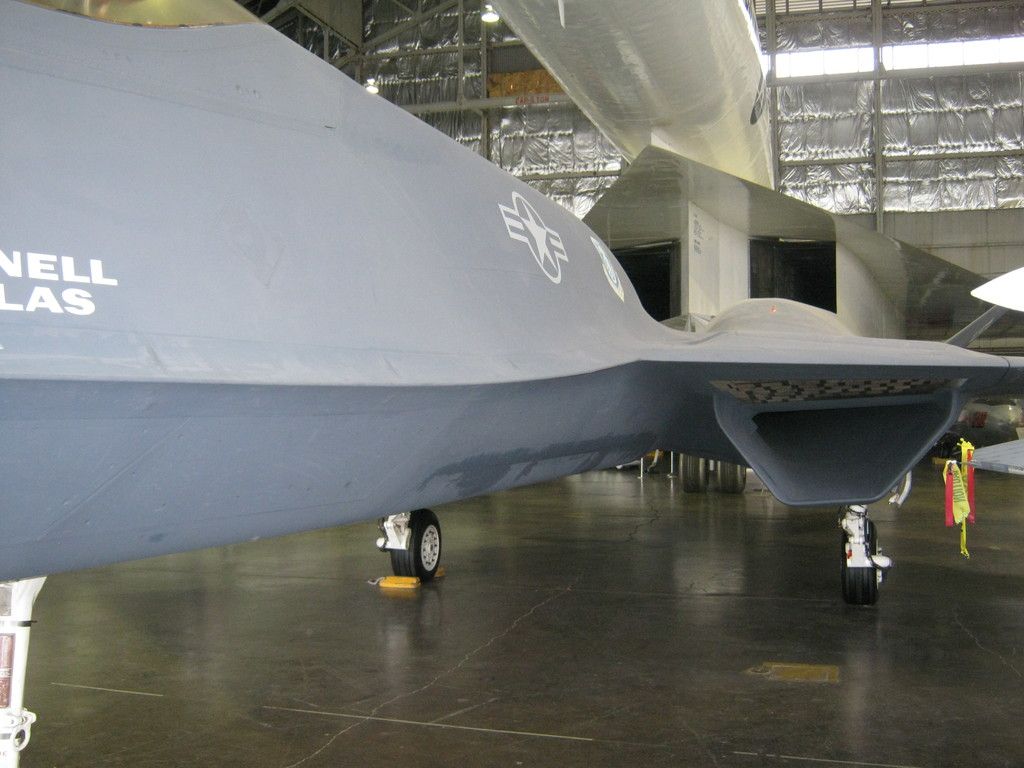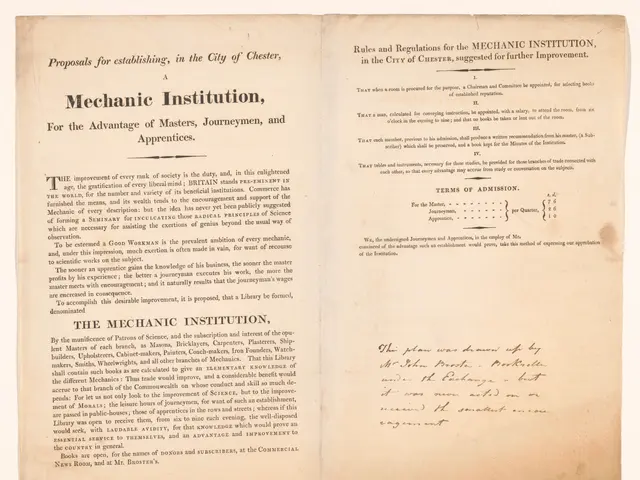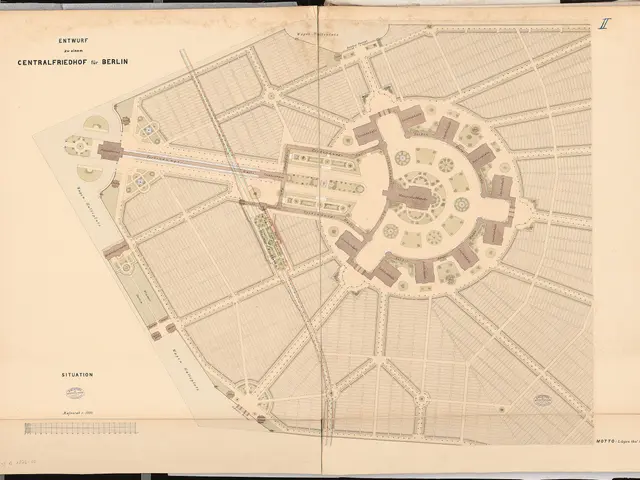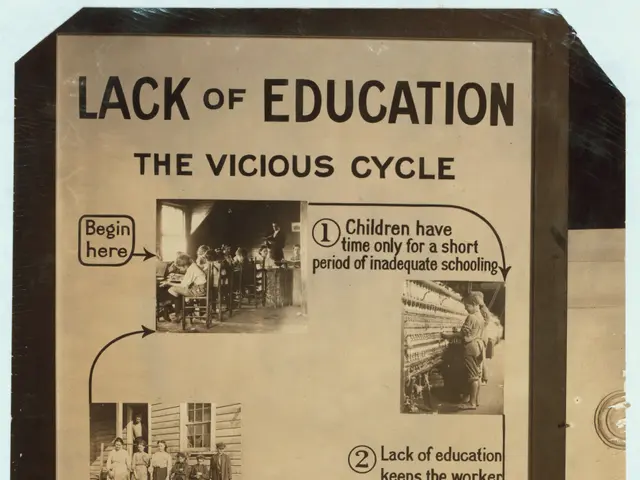The International Aerospace Show in Le Bourget under US Trade Shadow
Aviation and Space Exhibition Kicks Off at Le Bourget on Monday - Aerospace and aviation event kicks off at Le Bourget from Monday
Le Bourget, known for its aviation rivalry between Airbus and Boeing, is hosting the international aerospace show, but this year, it's different. The looming US trade policies weigh heavily on the competition. Both giants expressed worries about the potential repercussions of new tariffs on their industry.
- Aerospace Show
- Paris
- Legacy of Trade Tensions
- White House
- Donald Trump
Trump-era trade policies have persisted in shaping the global aerospace landscape, causing significant tensions and consequences for Airbus and Boeing. Here's an overview of the current situation and what it means for the Paris Air Show:
Pivotal US Trade Policies Developments
- Section 232 Investigation would Affect Aviation: A fresh US investigation under Section 232 was initiated in May 2025, examining the national security implications of importing commercial aircraft, jet engines, and components. International aerospace manufacturers, including many who export globally, oppose the probe, calling for a tariff-free market instead. The industry's dependence on the 1979 Trade in Civil Aircraft Agreement is evident, as it's sustainably supported US trade balance in aerospace for decades [1][3].
- Tariff Policies and Their Implications: The Trump administration's imposition of a 10% tariff on EU-built aircraft, parts, and components (largely affecting Airbus) provoked retaliatory threats from the EU. For both OEMs, this uncertainty looms over their operations. Airbus's wide-body production (predominantly EU-based) faces more significant challenges, while narrow-body production (with US manufacturing plants) offers some respite. The tariff disputes have hampered investment decisions and raised costs across the sector [2].
- US-UK Trade Progress: A June 2025 executive action restored a "zero-for-zero" tariff system between the US and UK for aerospace products. This move supports Rolls-Royce (a UK engine supplier for Boeing), exempting them from US tariffs, and facilitates easier access to aviation products and markets [3][5].
Airbus and Boeing at Paris Air Show amidst US Trade Tensions
- Airbus: US tariffs on EU-manufactured aircraft and parts, particularly wide-body jets, impact Airbus's costs. Its US-based plants for narrow-body aircraft somewhat cushion the blow. The threat of additional tariffs or European retaliation keeps trade disputes hot, potentially hindering Airbus's negotiations with US customers at the show [2].
- Boeing: Boeing enjoys support from the US government and strong sales, but faces risks from EU tariffs and ongoing supply chain integration. The US-UK deal benefits Boeing, as Rolls-Royce engines are now tariff-free, strengthening their UK market and future aircraft sales (such as recent orders by British Airways owner IAG) [2][5].
US Trade Policy Impacts at a Glance
| Policy/Event | Airbus Impact | Boeing Impact ||------------------------------------|-------------------------------------------------------|-------------------------------------------------------|| US Tariffs on EU Aircraft (10%) | Higher costs, especially for wide-bodies; US plants buffer for narrow-bodies | Risks from EU retaliation tariffs || US-UK Zero-for-Zero Tariff Deal | Neutral/indirect benefits from market stability | Direct benefit (Rolls-Royce, UK sales boost) || Section 232 Investigation | Uncertainty, potential further trade barriers | Opposition from US OEMs, supply chain disruption risk |
Final Thoughts
At the 2025 International Aerospace Show in Paris, trade policy uncertainty continues to shape the atmosphere for both Airbus and Boeing. While US tariffs and investigations pose threats to raise costs and disrupt supply chains, recent agreements with the UK offer some relief and stability. The industry unites in advocating for the preservation of tariff-free trade under the 1979 Agreement, acknowledging the importance of open economies for innovation, safety, and growth [1][2][3].
- The International Aerospace Show in Paris is taking place amidst lingering US trade tensions, casting a long shadow over the competition between Airbus and Boeing.
- The Section 232 investigation into the national security implications of importing commercial aircraft and related components has industry leaders opposing tariff-based protectionist measures, advocating instead for a tariff-free market.
- Airbus is facing increased costs due to US tariffs imposed on EU-manufactured aircraft and parts, specifically wide-body jets, while Boeing is benefiting from the US-UK deal restoring a "zero-for-zero" tariff system, which supports Rolls-Royce (a UK engine supplier) and strengthens their UK market and future aircraft sales.








